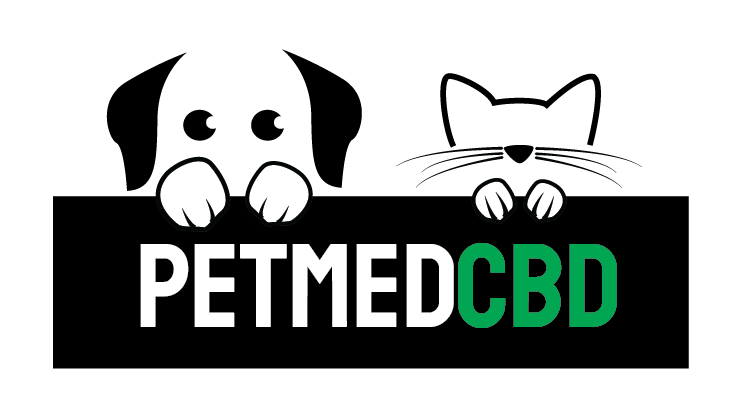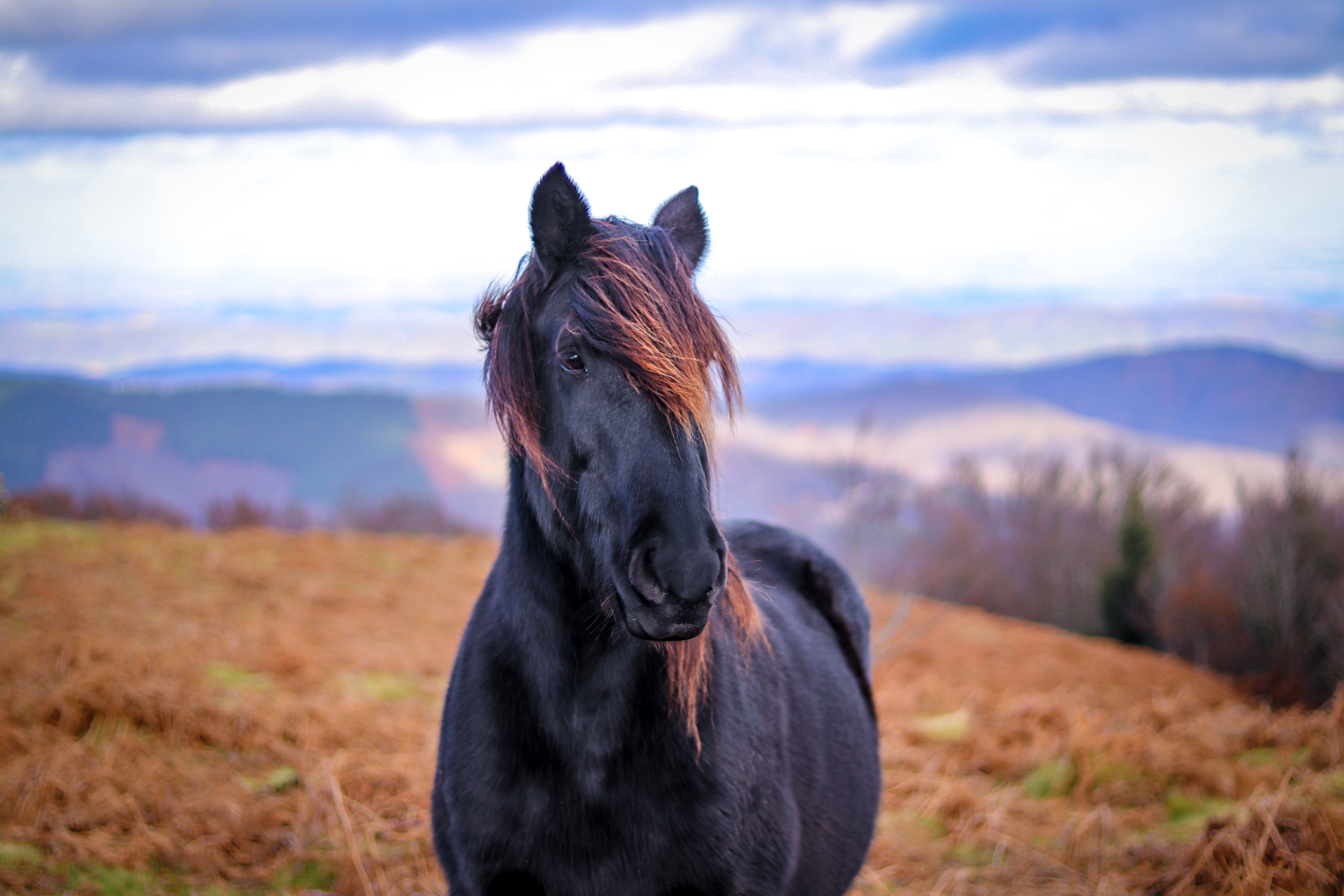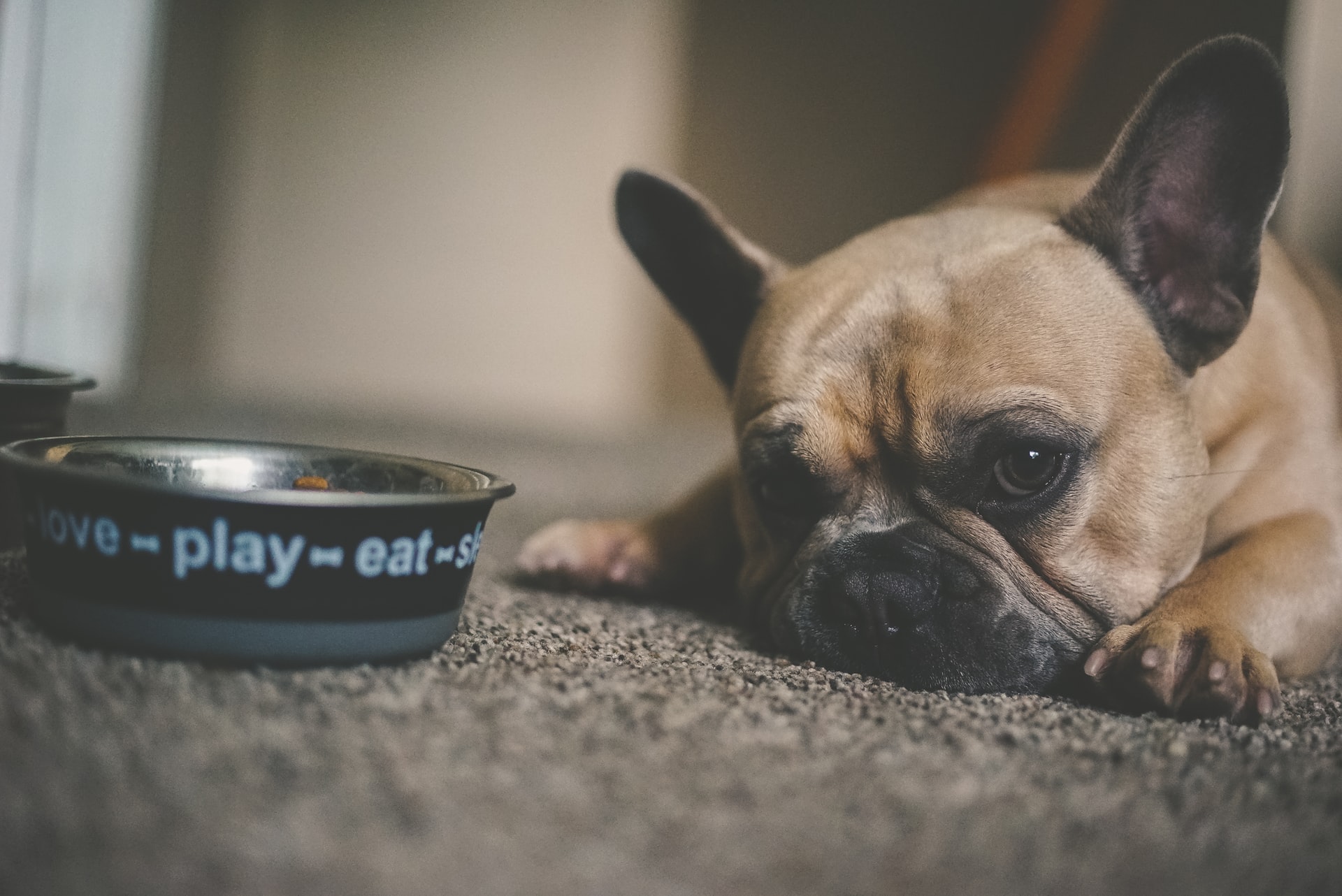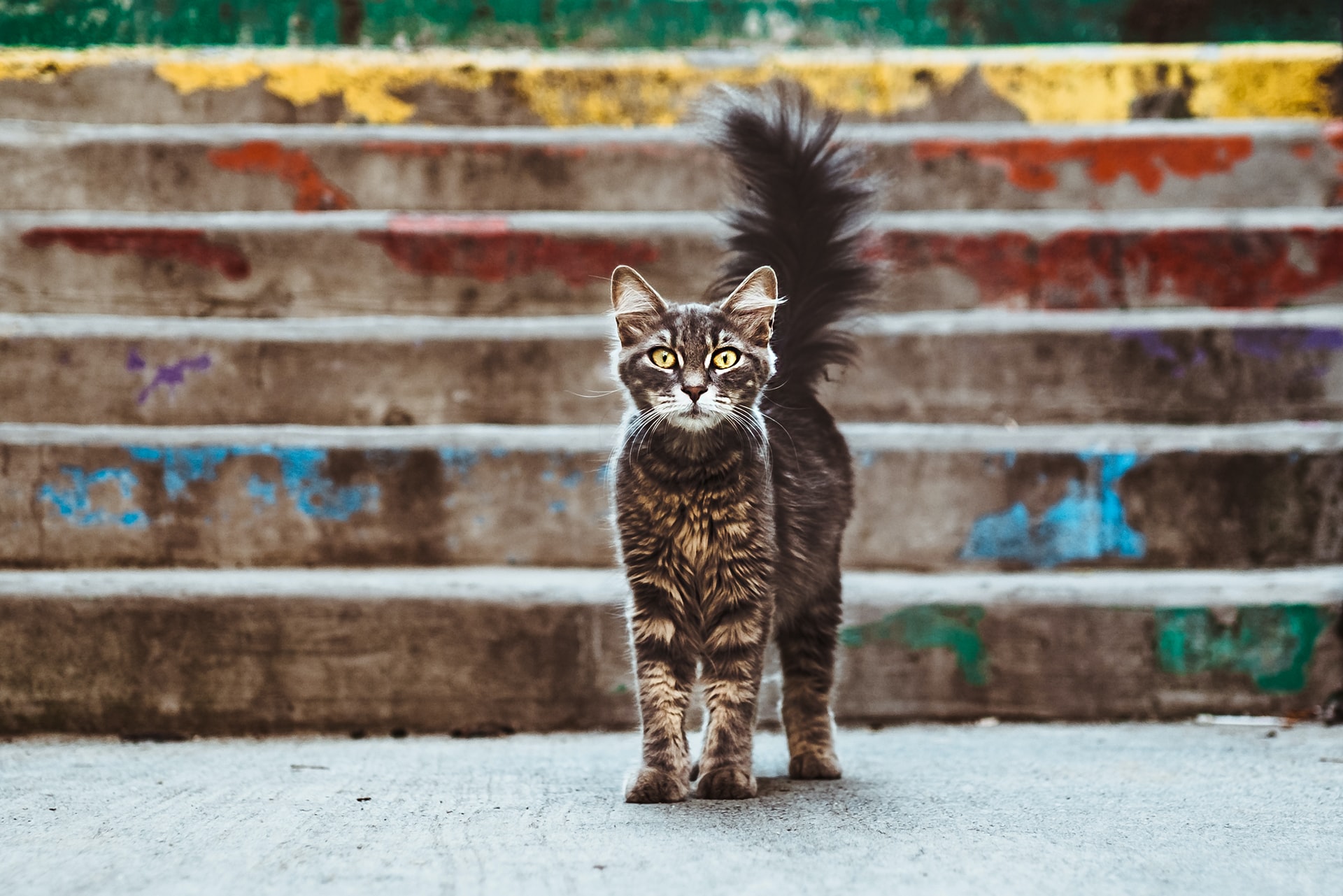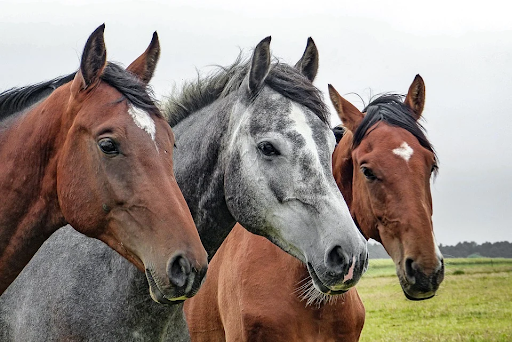
Horses are beautiful and amazing creatures. We often see them as strong and magnificent animals. However, it is also a must to remember that horses can also suffer from some health issues. One of the medical concerns that horse owners should be aware of is colic.
What is Colic?
Colic in horses, also known as "equine colic," is a term that refers to a symptom of abdominal pain in horses. It is usually an issue in their gastrointestinal tract.
Colic is one of the most known and prevalent causes of death in horses. Today's prognosis about this disease is far better than it was in the past. Thanks to the several breakthroughs in health and technology. The improvements in how we diagnose and treat colic include new prescriptive medicines and improved surgical methods.
Horse owners must make an early diagnosis to find the best possible colic treatment. This will ensure that horses will have a high chance of survival following colic cases.
What are the causes of equine colic?
Like some other animals, horses are sensitive to things that may cause them pain in their stomach. It can be due to intestinal spasms, stretched gut wall, stuck intestine, or the insufficient blood supply in the stomach.
An article from my Horse University listed the common causes of colic in horses:
- Ingestion of sand
- Low forage diets
- High grain-based diet
- Sudden and abrupt change in diet
- Moldy feed
- Parasite infestation
- Dehydration
- Prolonged use of NSAIDs
- Stress
- Dental problems
In some cases, antibiotics can lead to colic since they can hamper the gut's microbial presence and population. Such conditions can impact starch digestion. When the horses can't chew the food properly due to dental problems, colic may also occur.
Some conditions related to colic can lead to life-threatening health concerns, which is why they should be closely monitored.
Signs of Colic in Horses
Listed below are the common signs of colic in horses:
- Sweating
- Distress
- Pawing on the ground
- Rolling violently
- Uneasiness
- Bloating
- Lack of interest in water and food
- Abnormal postures when stretching or sitting
- Absence of gut sounds
- Restlessness
- Lip curling
- Frequent urination
Other symptoms of equine colic include rapid breathing and injuries to the face and body.
Types of Colic in Horses
The following are the different types of colic that can affect your horse' health:
#1 Displacement colic
In this type of colic, the small intestine can be seen as suspended in the abdominal cavity through the mesentery and is floating freely in the gut area. Such conditions can result in a twisted small intestine. A twisted intestine needs immediate surgery to fix the intestine and get rid of the part of the intestine that is damaged because of the restricted blood flow. Furthermore, both the large and small intestine can become dislocated in the abdominal cavity, making the stomach more painful. Displacement colic can also be due to gas build up in the gut. The gas build-up can make the intestines buoyant; thus, movements in the area can cause it to be displaced. Once your horse is diagnosed with displacement colic, immediate surgical treatment is needed.
#2 Impaction colic
In this type of colic, the large intestine folds itself and has a various diameter and direction changes. Such changes can result in impactions, wherein a firm mass of materials serves as a blockage in the intestine. Impactions can be caused by dehydration, coarse feed, and accumulation of sand and other materials.
#3 Gas colic
Veterinarians agreed that all colics are related to some gas build-up. When gas accumulates in the stomach, the gut distends and leads to abdominal pain. Bacteria in the stomach can cause too much gas after ingestion of mouldy feeds in large amounts. A veterinarian may insert a nasogastric tube to reduce the fluid and gas pressure in the stomach.
#4 Spasmodic colic
Spasmodic colic is described as painful contractions of the intestines' smooth muscles. Over excitement of horses can ignite spasmodic colic.
#5 Enteritis
Enteritis refers to the intestine's inflammation caused by bacteria, too much grain, or even tainted feed. Horses with this type of colic may also experience diarrhea. It is often challenging to diagnose and may show similar symptoms of impaction colic.
#6 Stomach distention
A horse's small stomach has a weak capacity, so it is susceptible to distention when a large amount of meal is ingested. There is a possibility that the stomach will rupture, a condition that can be fatal.
Treatment
It is crucial to find out the cause of colic to treat it properly. The severity of the colic's symptoms is not a mere indication of the disease's severity. It can sometimes be hard to discover the leading cause and, finally, the adequate treatment. This is why it is important for a veterinarian to examine the horse as soon as possible. Some medications can be given to horses with colic. In some cases, surgery may be needed.
MSD Veterinary Manual mentioned in one of its published articles the following:
"Horses with colic may need either medical or surgical treatments. Almost all require some form of medical treatment, but only those with certain mechanical obstructions of the intestine need surgery. The type of medical treatment is determined by the cause of colic and the severity of the disease. In some instances, the horse may be treated medically first and the response evaluated; this is particularly appropriate if the horse is mildly painful and the cardiovascular system is functioning normally. Ultrasonography can be used to evaluate the effectiveness of nonsurgical treatment. If necessary, surgery can be used for diagnosis as well as treatment."
Owners of horses must be very vigilant in examining the signs and symptoms and being keen on what diet they give to them.
Can CBD Help Horses with Colic?
With all the various medications and possible treatments for colic available today, CBD is considered one to have potentials. It can be an effective treatment in preventing and treating symptoms of colic in horses.
The Pet Well website mentioned:
"As a phytocannabinoid, CBD is chemically similar to molecules found in the mammalian body, making up the endocannabinoid system. These compounds, anandamide, and 2-arachidonoyl-glycerol are critical to maintaining homeostasis. Research recently discovered the endocannabinoid system sends and receives all kinds of signals across a horse's body. Giving your horse CBD, therefore, adds extra compounds for optimal function. It's similar to taking a multivitamin, but specifically targeting certain receptors in the brain."
CBD has been discovered to contain anti-inflammatory properties, making it an effective relief for pain. Besides, CBD products also aid the gastrointestinal tract of horses that have positively affected colic treatment. Further studies are done continuously to ensure that colic can be treated effectively without harmful side effects.
